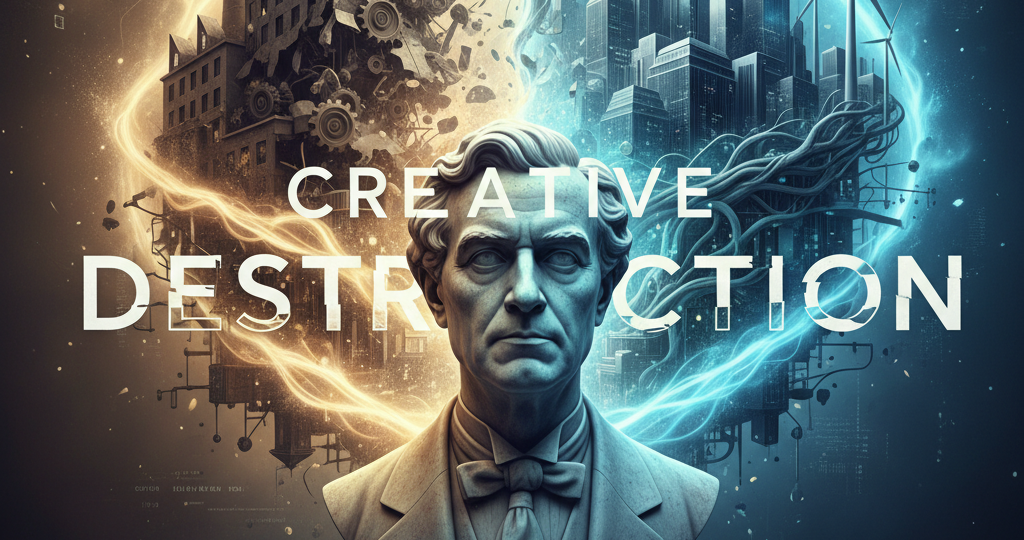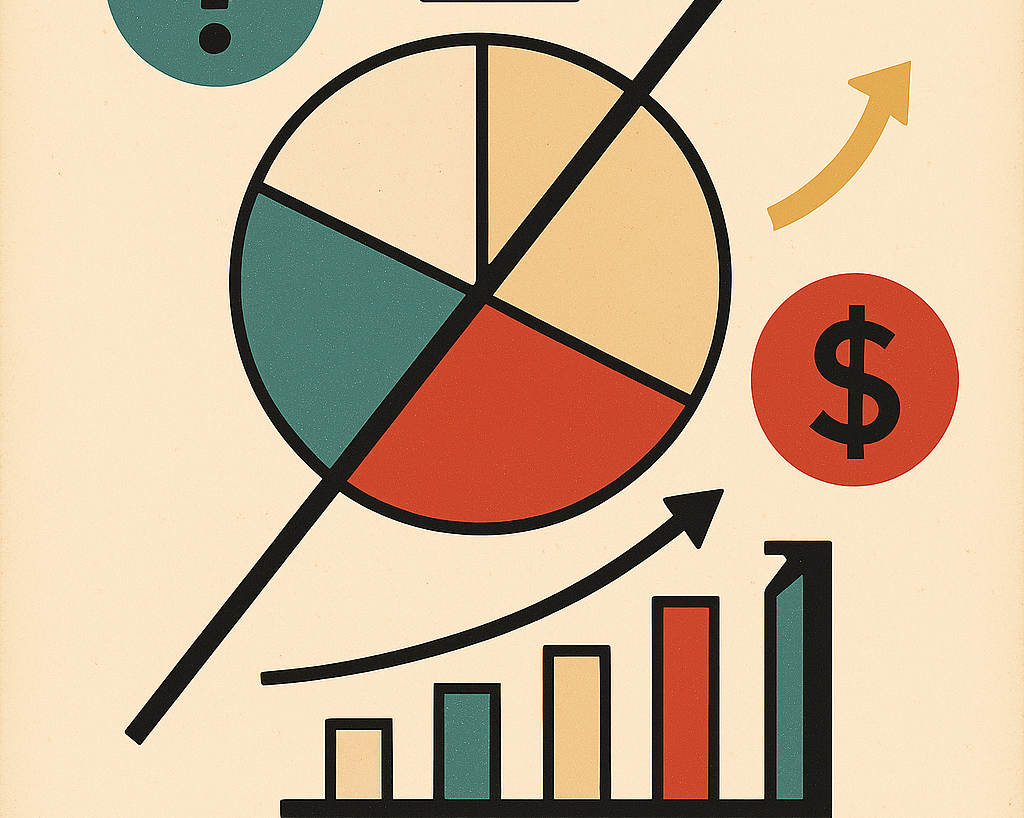
Ever wondered why your favorite apps, gadgets, or even restaurants vanish just when you start getting attached to them? One moment you’re happily ordering from that tiny taco place down the street, and the next it’s replaced by a fusion-sushi-artisanal-coffee lab run by a 23-year-old entrepreneur with a man bun. It feels chaotic. It feels personal. It feels…almost economic.
Joseph Schumpeter would’ve grinned at this little bit of everyday turbulence. He believed that capitalism works not by keeping things stable, but by constantly breaking old things so newer, better things can take their place. He called this dramatic cycle “creative destruction.” It sounds like the name of a heavy metal band, but it’s actually one of the most influential ideas in modern economics.
Schumpeter wasn’t your typical stiff-collared economist. Born in Austria in 1883, he drifted through academic life with the flair of someone who could argue about markets all morning and then gallop off on a horse in the afternoon. His big insight was simple: the real heroes of economic progress aren’t governments or big established firms — they’re entrepreneurs. Those wild, slightly chaotic individuals who wake up one day and decide, “Yes, the world does need a fridge that texts me.”
His research showed that innovation comes in waves: big breakthroughs spark new industries, unleash competition, and eventually crush the old players who can’t keep up. Railroads replaced horse carts. Cars replaced railroads as the center of growth. Then came computers, the internet, and now AI — each wave wiping out the familiar and ushering in something radically new. For Schumpeter, this wasn’t unfortunate; it was the engine of human progress.
It’s a strangely comforting idea. The churn we see around us — the collapsing stores, the rising tech giants, the sudden disappearance of products we swore were eternal — isn’t chaos for its own sake. It’s the market breathing, experimenting, shedding, reinventing.
RELATED POSTS
View all


